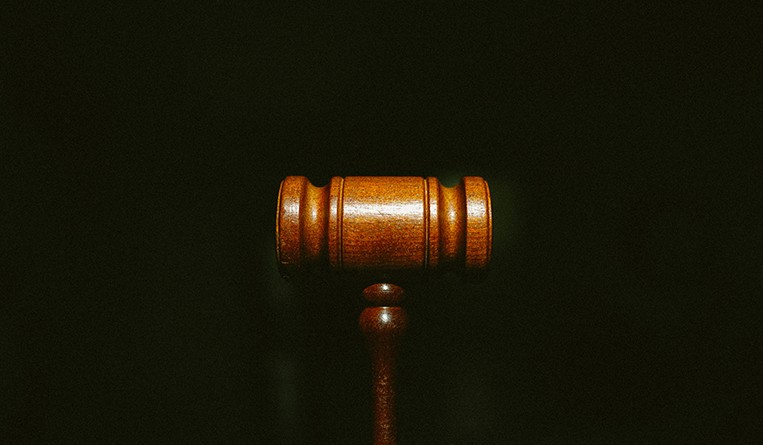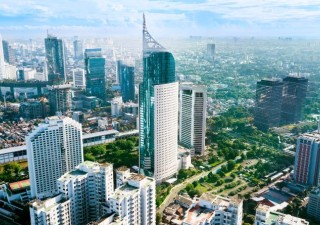Jurisdiction of the IP Court over disputes of unfair competition
31 March 2024

In accordance with Paragraph 9 of Article 4 of the Federal Law of July 26, 2006, N 135-FZ “On the Protection of Competition”, unfair competition means any actions of business entities (groups of persons) that are aimed at obtaining advantages in carrying out business activities, contradict the legislation of the Russian Federation, business customs, the requirements of integrity, reasonableness and fairness and have caused or may cause losses to other business entities or competitors or have caused or may cause harm to their business reputation.
The definition of unfair competition is also contained in Article 10 bis of the Paris Convention for the Protection of Industrial Property, which states that an act of unfair competition is any act of competition that is contrary to fair customs in industrial and commercial matters.
In particular, the following are prohibited:
- All actions capable in any way of causing confusion with respect to the enterprise, products or industrial or commercial activities of a competitor;
- False statements in the course of business that are likely to discredit the company, products or industrial or commercial activities of a competitor; and
- Indications or statements, the use of which in the conduct of commercial activities may mislead the public regarding the nature, method of manufacture, properties, suitability for use or quantity of goods.
The most common forms of unfair competition are set out in Chapter 2.1 of Law on the Protection of Competition in the form of eight special articles.
When protecting their rights in the area of unfair competition, the copyright holder has the right to choose alternative methods of protection: contact both the antimonopoly authority and the court.
Thus, in Paragraph 2 of Paragraph 61 of the Resolution of the Plenum of the Supreme Court of the Russian Federation dated March 4, 2021 No. 2 “On some issues arising in connection with the application of antimonopoly legislation by courts”, it is stated that the law on the protection of competition does not contain any indication that the protection of civil rights in administrative procedure (through the consideration by the antimonopoly body of cases of violations of antimonopoly legislation) is excluded if there is an opportunity to go to court or, conversely, is a mandatory condition for persons whose rights have been violated to go to court. Consequently, if a person goes to court to protect his rights without first filing a corresponding application with the antimonopoly authority, the court cannot leave such an application without consideration.
At the same time, when considering a case through a claim proceeding, the actions of the defendant, whom the plaintiff accuses of committing an act of unfair competition, are subject to examination for their good faith in relation to the plaintiff, and not to other economic entities (the latter relates to the powers of the antimonopoly authority). Unlike cases of violation of antimonopoly legislation, which are considered by the antimonopoly authority primarily in the public interest (Part 2 of Article 1 of the Law on Protection of Competition), in a court case of violation of antimonopoly legislation within the framework of a lawsuit, the court considers the statement of claim based on the private interests of persons participating in the case (decision dated August 18, 2023, in case No. SIP-484/2023).
When seeking protection of your rights in court, it is necessary to differentiate jurisdiction between the IP Court and other courts.
Taking into account the provisions of Subparagraph 3 of Paragraph 2 of Part 4 of Article 34 of the Arbitration Procedure Code of the Russian Federation, Paragraph 15 of Article 4 and Article 14.4 of the Federal Law of July 26, 2006, N 135-FZ “On the Protection of Competition” (hereinafter referred to as the Federal Law “On the Protection of Competition”), the IP Court considers cases challenging decisions of the federal (territorial) antimonopoly body recognizing actions related to the acquisition of an exclusive right to means of individualization as unfair competition.
Based on Part 8 of Article 44, Article 48 of the Federal Law “On Protection of Competition”, the same court has jurisdiction over cases challenging decisions of antimonopoly authorities to refuse to initiate and terminate a case recognizing as unfair competition actions related to the acquisition of an exclusive right to means of individualization.
For the purpose of determining the court competent to consider the case of recognizing the acquisition of an exclusive right to a trademark as an act of unfair competition, the determining factor is whether such acquisition is initial or derivative, and accordingly, whether, if the requirements are satisfied, consequences in the form of termination of the exclusive right can be applied trademark rights from the very beginning. A similar approach is reflected in the decisions of the Presidium of the Intellectual Rights Court dated May 23, 2022, in case No. SIP-989/2021, dated August 22, 2022, in case No. SIP-512/2021.
If the acquisition of the exclusive right to a trademark was of a derivative nature (for example, the acquisition through the conclusion of an agreement with the previous copyright holder on the alienation of the exclusive right to a trademark), the application of the consequences of recognizing the actions of the defendant in acquiring and using the exclusive right to the disputed trademark in the form of cancellation of its legal protection is impossible, since it contradicts the essence of the relations developing in terms of the derivative acquisition of the exclusive right to a trademark (resolution of the Presidium of the Intellectual Rights Court dated February 14, 2023, in case No. SIP-667/2022).
In the event of a claim for recognition as an act of unfair competition of actions related to the use of a disputed designation, and not to the acquisition of rights to it, as well as its copying and imitation when introducing goods into circulation, consideration of such a claim in accordance with the above norms of procedural legislation, taking into account its explanation of the highest court does not fall within the competence of the IP Court as a court of first instance (resolution of the Intellectual Rights Court dated July 22, 2019, in case No. A40-95083/2019).
Thus, based on the competence established by the Arbitration Procedural Code of the Russian Federation, and also taking into account the explanations of the highest court, the IP Court, as a court of first instance, considers cases challenging decisions of the antimonopoly authority to recognize actions related to the acquisition of an exclusive right as unfaircompetition on means of individualization of a legal entity, goods, works, services and enterprises, as well as cases on disputes about the court recognizing as an act of unfair competition the actions of the copyright holder related to the provision of legal protection to a trademark.








